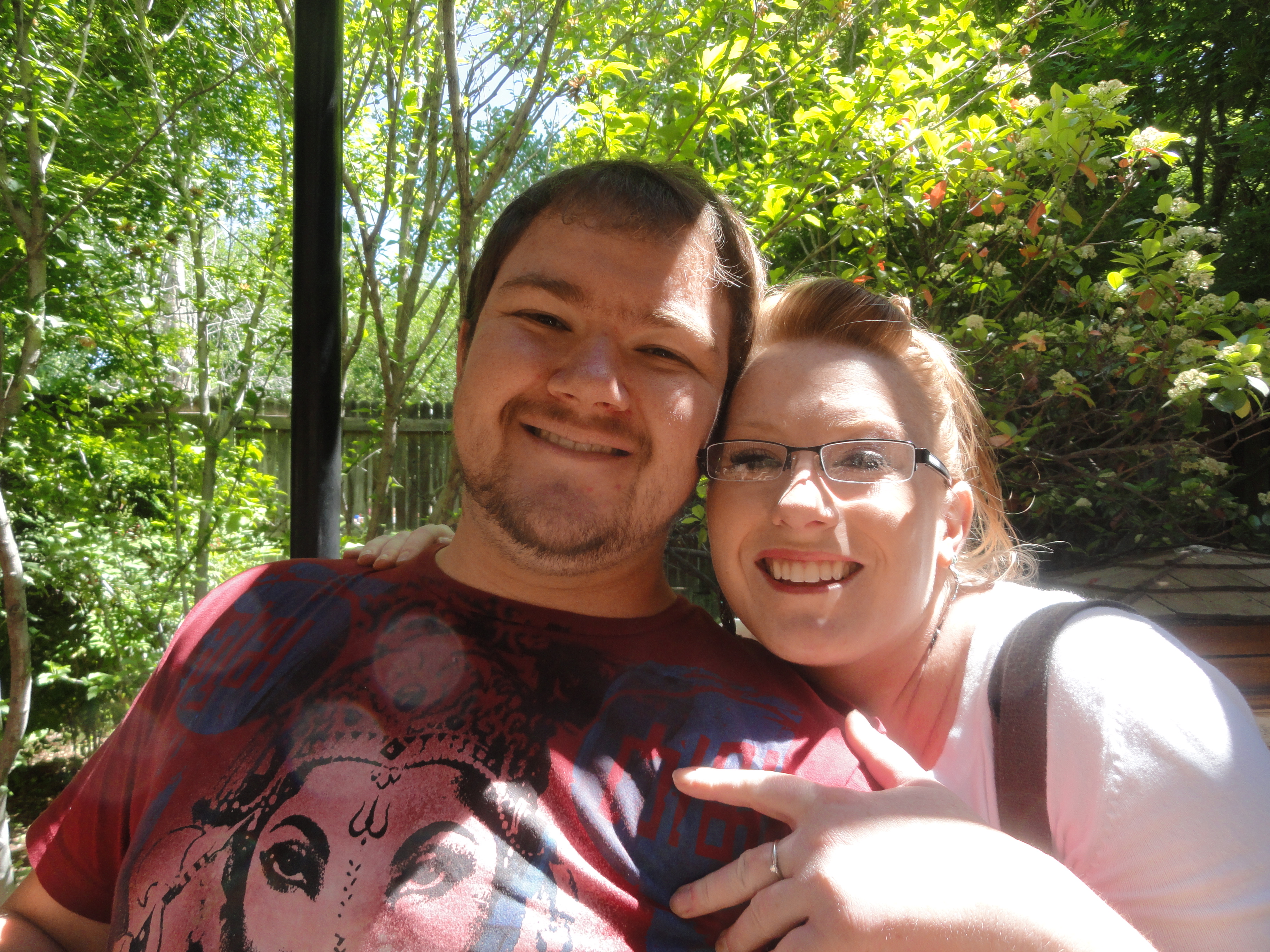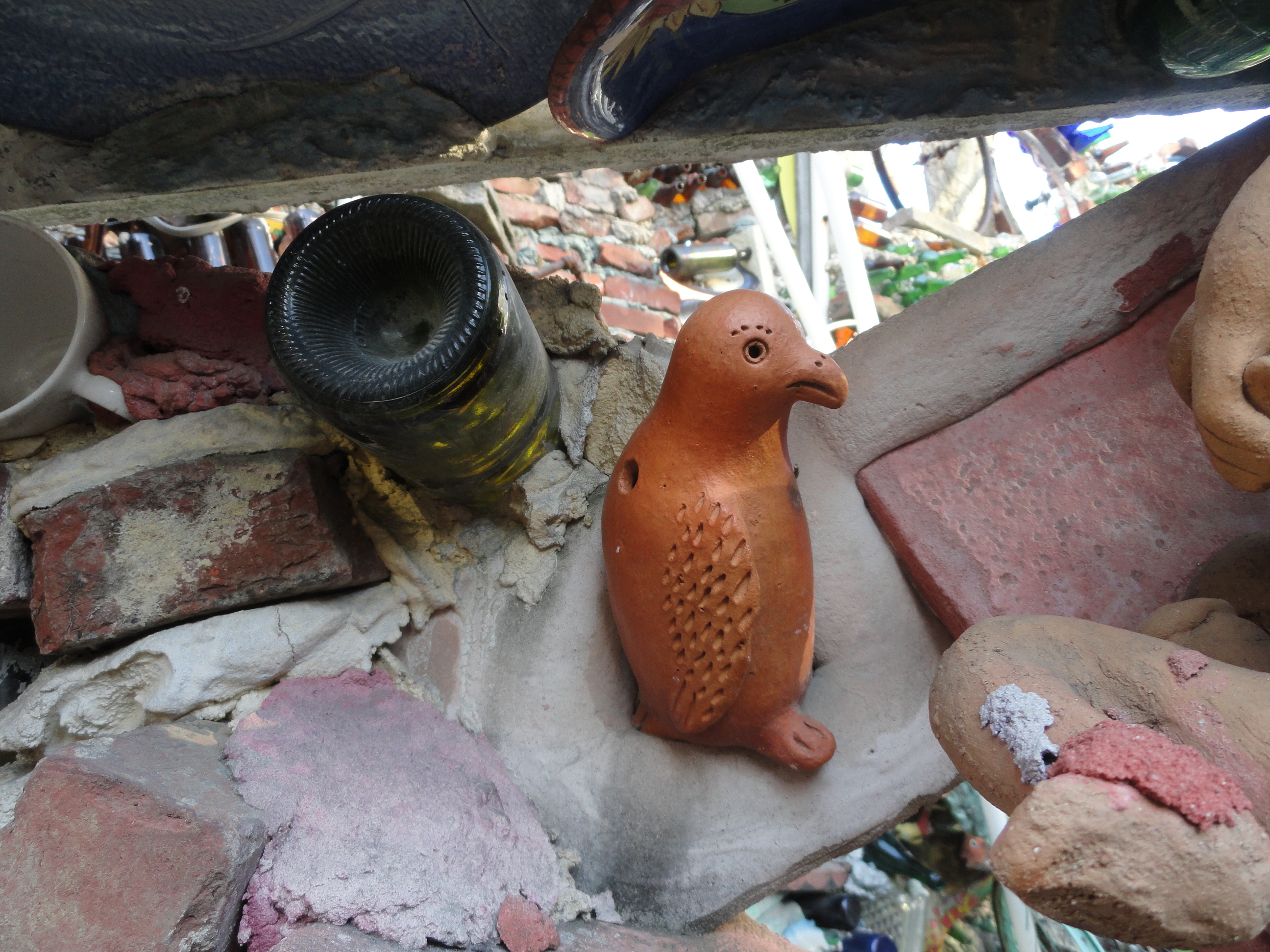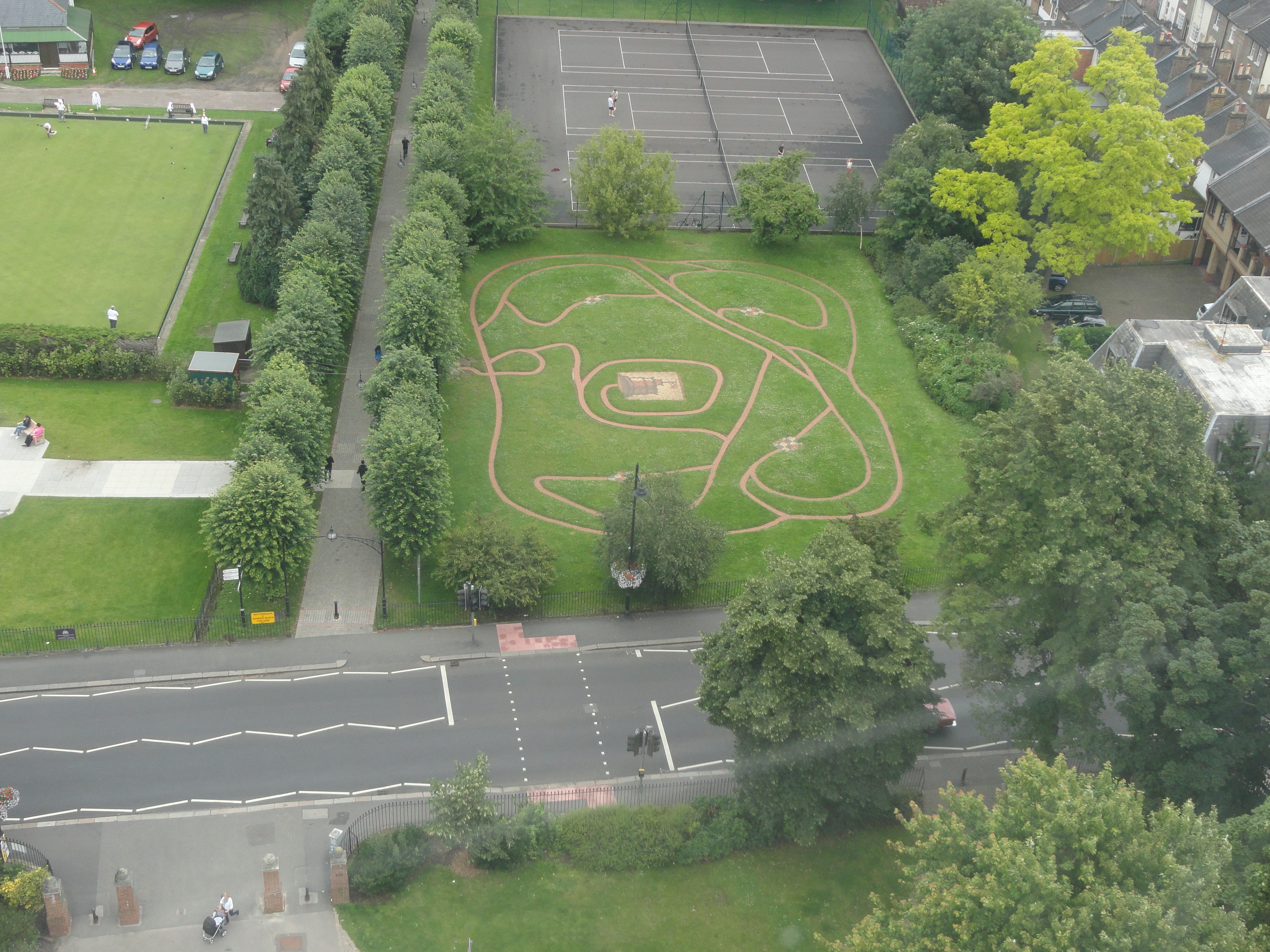 | Be as nice to your child as you can be, as often as you can be. |
photo by Sandra Dodd
 | Be as nice to your child as you can be, as often as you can be. |

If a parent has found something that works for their family without understanding why it worked and how much personality played in it, then for others it's little better than rolling dice and picking some technique at random.
A collection of bad ideas: "Support"
A collection of good ideas: my Joyce page

The quote was found and shared on facebook by Allison Hollis Batey. I fixed up its home page after she quoted it. Thanks, Allison!
